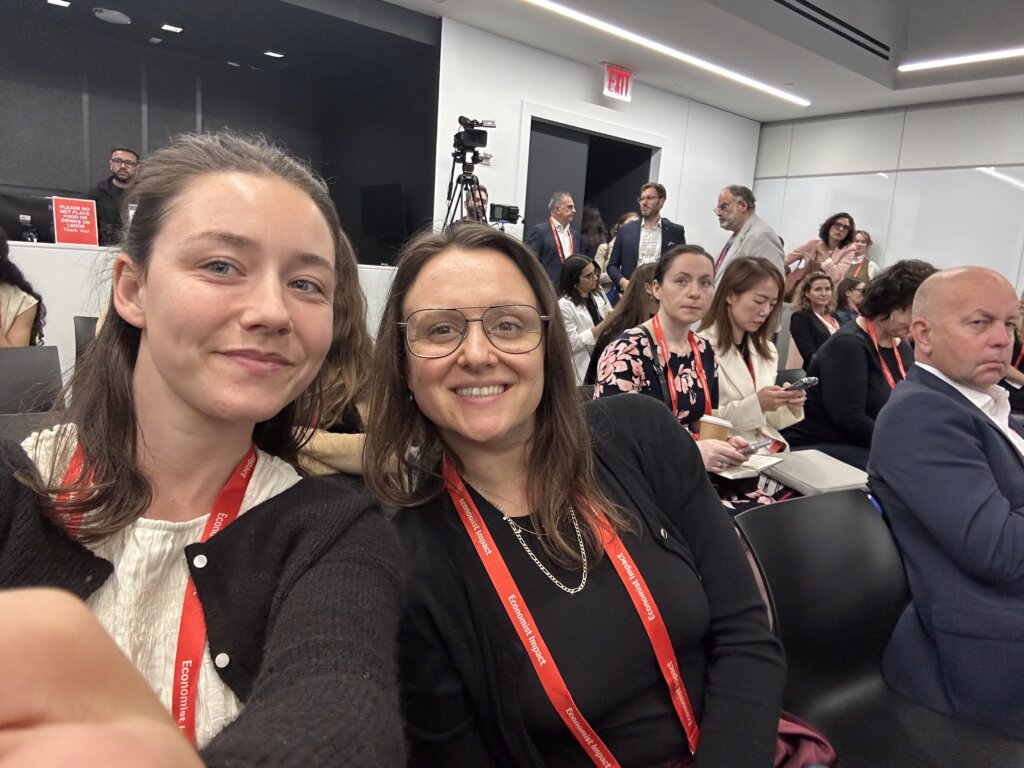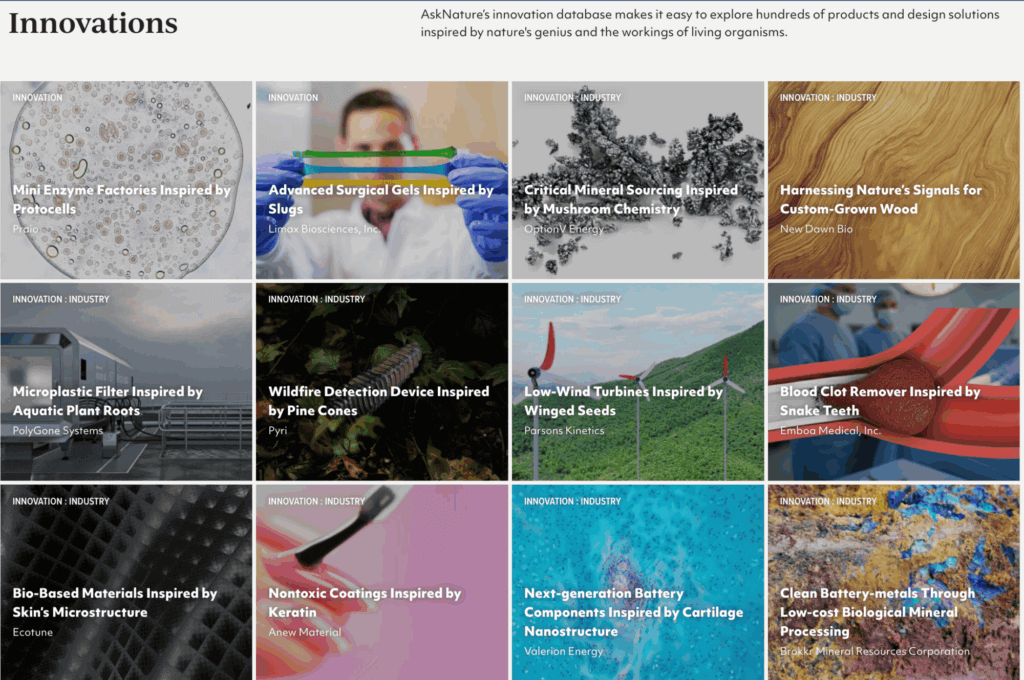
Attending The Economist’s 6th Annual Sustainability week was a genuine pleasure, one that gave me hope and things to think about all at the same time.There’s something deeply gratifying about stepping into a room where the conversation doesn’t need to be elevated; it starts elevated. Even more so when that room happens to be in my home city, New York, a place that continues to surprise and challenge me every single day.
The day opened with a broad and ambitious agenda, and early on, Chelsea Clinton from the Clinton Foundation offered a strong foundation. Her remarks weren’t about nostalgia or legacy—they were about the critical role of collaborative, systems-based approaches to sustainable development, grounded in lived experience and hard data. Her presence reminded everyone in the room that public-private partnerships remain an essential lever in the road to a sustainable future.

The rest of the day held similarly hopeful, cautionary and solution oriented thinking. Former Administrator of the U.S Environmental Protection Agency, Gina McCarthy said that there was “no particular solution I would set aside at this point”, pointing to a limitless possibility for solutions that might come online in the near future, likely funded by the private sector.
There were other former policymakers in attendance such as Neil Auerbach– the former commissioner of the National Commission on Public Energy who now serves as the CEO of the Hudson Sustainable Group. His panel, “Cheap and cheerful: renewable energy driving American growth and competitiveness” really underlined the importance of an economic and capital incentive to be baked into sustainability and impact work for it to resonate with the market and the consumer- a sentiment echoed by fellow panelist, Andrew Cornelia- Chief Executive, Mercedes-Benz High Power Charging, who said that EV’s have to not just be the most sustainable option, but also the most cutting edge for the consumer.
One of the deepest themes of the day centered on natural resource stewardship, particularly around water. Several speakers pointed out that while water is often framed as a resource, it is in fact a precondition for life, security, and commerce. Yet our policies treat it as either infinite or invisible. Discussions around watershed management, infrastructure investment, and the need for localized governance frameworks struck a chord. There was a compelling case made during the panel entitled “Water resilience: driving business growth and economic stability”, which included Chuck Chaitovitz, the Vice-President of environmental affairs and sustainability at the U.S Chamber of Commerce for shifting from risk mitigation to resilience-building, not only in how we manage water, but in how we conceptualize all natural systems.

A thread that wove through many panels was the importance of rethinking supply chains—not as operational backbones, but as ethical and ecological systems. We heard over and over that we need to “fix the roof before it starts to rain.”
The conversations moved well beyond compliance or carbon offsets. Instead, panelists called for radical transparency, embedded accountability, and investments in capacity building across entire value chains. As moderator, Pratima Singh succinctly put it: “You can’t decarbonize what you don’t understand.”
This approach—investing not in the shiny object at the end, but in the building blocks of transformation—was a recurring theme, and one I found deeply resonant. There’s a growing understanding that innovation doesn’t begin in the lab; it begins in the sourcing decision, the supplier contract, the choice to engage communities early and honestly. Investing in ingredients, not promises, may not always capture headlines, but it’s the only path to systemic and enduring change.
Of course, there was an undercurrent of disappointment with current U.S. policy leadership. While the Inflation Reduction Act was often referenced as a landmark legislative achievement, the prevailing sentiment was one of impatience—an eagerness for more consistency, bolder standards, and a genuine whole-of-government approach. It is disheartening when the ambition of the private sector and civil society so clearly outpaces federal vision. The tools for progress are here, but the scaffolding of governance hasn’t caught up.
What sustained the momentum throughout the day, however, was the caliber of the people in the room. The diversity of perspectives—from multinational corporations and municipal leaders to Indigenous advocates and early-stage entrepreneurs—reflected the complexity of the challenges we face. But rather than diffusing the conversation, this diversity sharpened it. It reminded us that sustainability is not a sector or a strategy; it’s a framework for shared accountability.
And at the center of this dynamic, intellectual flow was Vijay Vaitheeswaran, The Economist’s Global Energy and Climate Innovation Editor. As host, he was incisive, present, and intellectually generous. He asked questions that invited clarity without reducing complexity—a rare skill. In a room filled with expertise, he managed to synthesize and challenge in equal measure, allowing every panel to become more than the sum of its speakers.

I left the conference with a renewed sense of responsibility. The questions we face—about climate, equity, governance, resilience—don’t have easy answers. But they do have beginnings. And the conversations at The Economist’s Sustainability Week were not about predicting the future; they were about building the foundations for one we can collectively claim.
That’s why I’m especially enthusiastic to have been a media partner at this conference alongside The Economist. Their commitment to rigorous journalism, global insight, and meaningful dialogue is exactly what’s needed to navigate this moment of planetary and political inflection.
The work ahead won’t be glamorous. But it will be essential. And it starts not with declarations, but with decisions—to invest in the systems, relationships, and knowledge that will make lasting change possible.
Anna Konstantinova is the Director of Strategic Communications at The Biomimicry Institute. She is a brand strategist, speaker, writer, immigrant and sustainability advocate. Before joining the Institute, Anna consulted with startups at the intersection of impact and branding, working to make impact brands our next paradigm and making a difference in the world utilizing storytelling and heart-driven leadership. Learn more about Anna and the rest of our team here.




